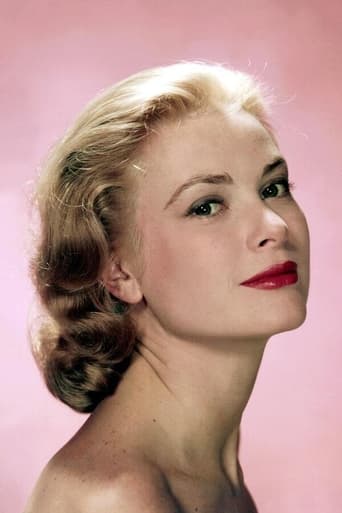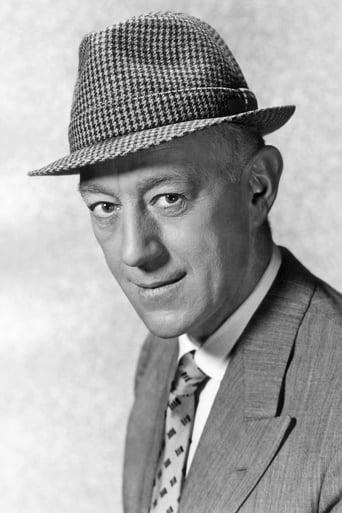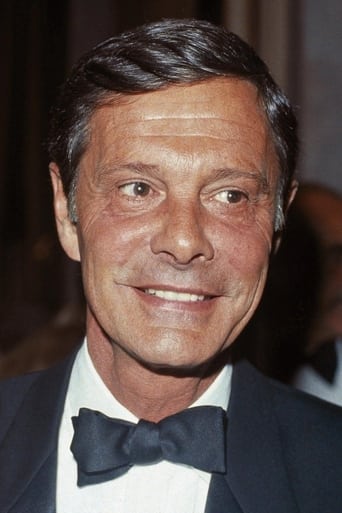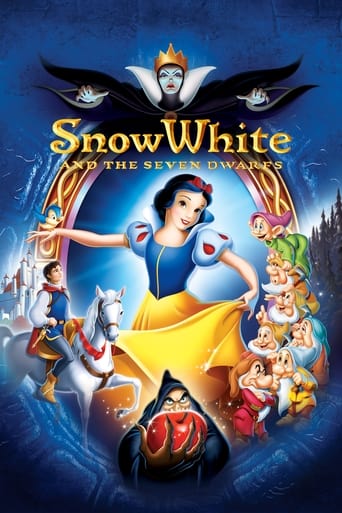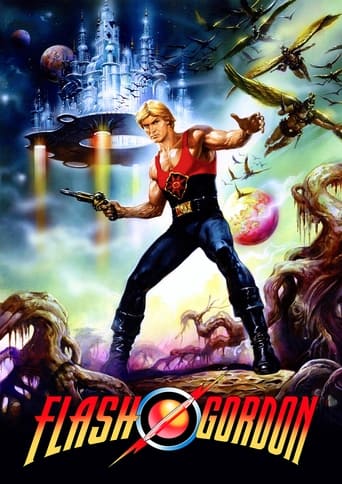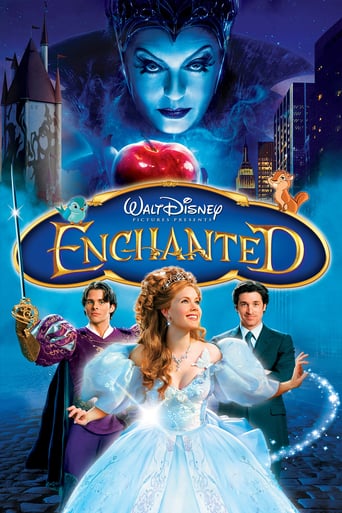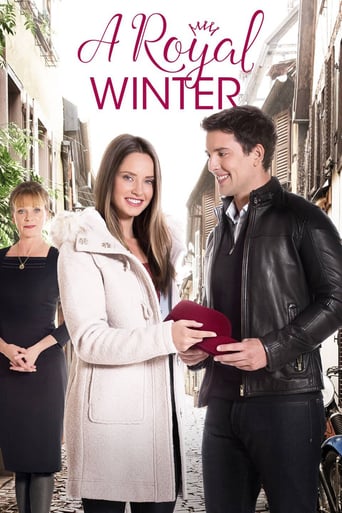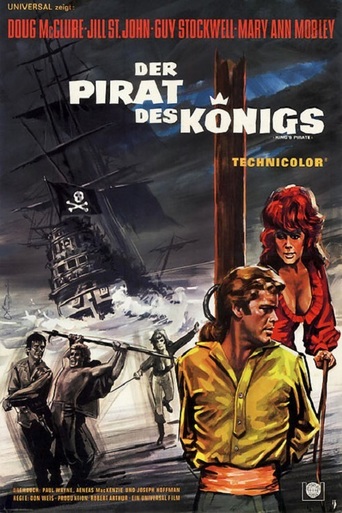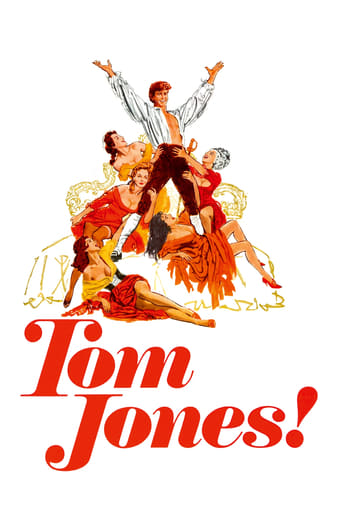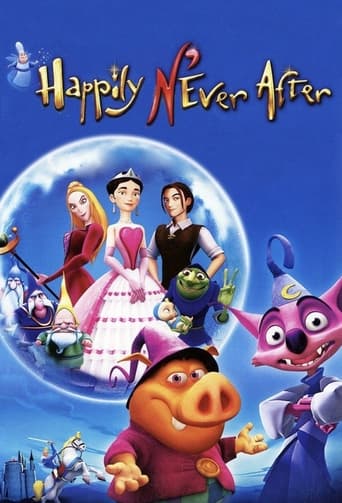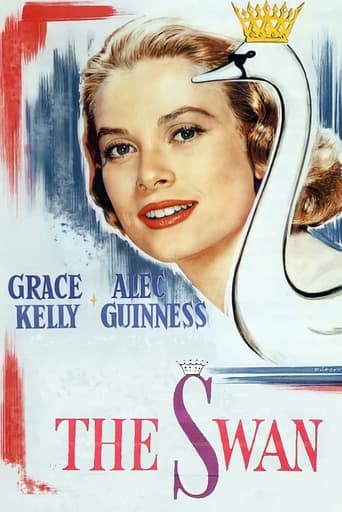
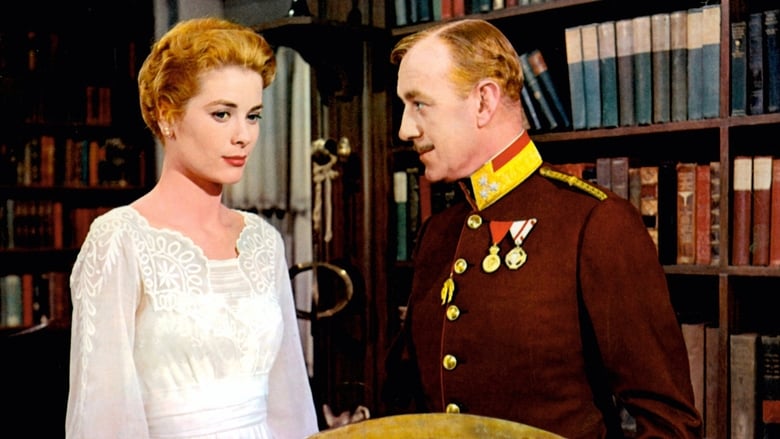
The Swan (1956)
Princess Beatrice's days of enjoying the regal life are numbered unless her only daughter, Princess Alexandra, makes a good impression on a distant cousin when he pays a surprise visit to their palace. Prince Albert has searched all over Europe for a bride and he's bored by the whole courtship routine. He is more interested in the estate's dairy than Alexandra's rose garden. And then he starts playing football with the tutor and Alexandra's brothers. Invite the tutor to the ball that night and watch how gracefully Alexandra dances with him.
Watch Trailer
Cast
Similar titles
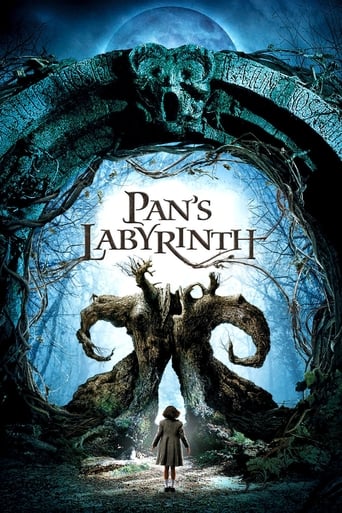
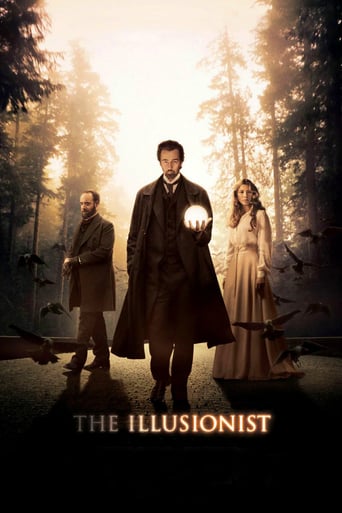
Reviews
Too much of everything
A film with more than the usual spoiler issues. Talking about it in any detail feels akin to handing you a gift-wrapped present and saying, "I hope you like it -- It's a thriller about a diabolical secret experiment."
This is one of the few movies I've ever seen where the whole audience broke into spontaneous, loud applause a third of the way in.
A clunky actioner with a handful of cool moments.
You would honestly be most likely to look at Grace Kelly more than the other actors because, I swear she is just so beautiful and sweet. I would've loved if her character had a happy ending with Nicolas who was the teacher. Unfortunately, the girl had to choose over Alec McGuiness's character because he was a royal and the teacher wasn't.This is the first time ever in my lifetime that a good 1950's romance movie didn't have a happy ending. Maybe I should watch more 1950's movies and see if there are other good ones with unhappy endings lol!This was a really good Grace Kelly film I have to say!
The Swan is a magnificently beautiful film in every way--sets, costumes, dancing and music, dialogue, and the actors. Of course Grace Kelly is noted for her blonde regal beauty. Louis Jourdan is the most gorgeous man to ever grace film. The two together, Grace and Louis, are almost too much to watch. They are stunning together.Their characters, Princess Alexandra and Dr. Nicholas Agi, are just as lovely to watch. From the beginning, Dr. Agi's love for the Princess is clearly evident, and as her attraction to him develops, the audience hopes for the romance to culminate in a romantic Royal Wedding. Alas, that does not happen. Alexandra cannot bring herself to follow her heart and to succumb to love for Nicholas. Instead, after the most enchanting waltz, he realizes the truth and prepares to depart the palace the following morning. Does she merely pity him, as he claims, or does she love him but reject him because he is a tutor and not of royal birth? Or is it that Nicholas is Alexandra's first romance and she realizes it will never last? For whatever reason, Nicholas rides out of her life, leaving her heartbroken yet awaiting future happiness.It takes Alexandra's uncle, the Father Carl Hyacinth (Brian Aherne), to provide the insights and truths that guide Alexandra into letting Nicholas go. Carl realizes his niece's inexperienced youth, and assures her that true love will find her in due course. Of course, we are left at the end to wonder of that comes in the form of the (forced) marriage to her cousin Prince Albert (Alec Guinness). We must each answer that question for ourselves.
Molnar needs to be done with style, taste and wit--all of which qualities this dramatization has. The cast is stellar, with the future Princess Grace surrounded by the likes of Alec Guiness, Louis Jourdan, Estelle Winwood, and Jessie Royce Landis, to name a few.The pace is very regal and leisurely, I'd say in "Adagio tempo," appropriate to the delicate nature of the royal estate. Bronislau Kaper's score captures the distinguished atmosphere, and the set decor is done with great care.Charles Vidor's direction is dignified and the character interaction has genuine charm. I greatly respect MGM for creating so noble a work, and find the widescreen DVD most appealing.Fine work done by all.
Grace Kelly is one of the great icons of the twentieth century, partly on account of her extraordinary beauty but also on account of the fact that she is the only person to have belonged to both of the world's two most glamorous and exclusive elites, the Crowned Heads of Europe and the Crowned Heads of Hollywood. "The Swan" was her penultimate film before her marriage to Prince Rainier (her last was to be "High Society") and it is the only film in which she actually portrays a princess. It is sometimes said, probably inaccurately, that MGM deliberately chose it as a vehicle for Kelly in order to cash in on the publicity surrounding her romance with Prince Rainier. In fact, the decisions to make the film and to cast Kelly in the leading role seem to have been taken before that romance was public knowledge. The story is one that must have seemed very old-fashioned even in the fifties. It is based on a play by Ferenc Molnár, the Hungarian author who also wrote the drama which served as the basis for "Carousel", the film version of which also appeared in 1956. Two other films, neither of which I have seen, have been based on Molnár's play, a silent from 1925 and an early talkie from 1930. The setting is a kingdom somewhere in Central Europe in the year 1910. The country is never named in the film; we catch a brief glimpse of a Hungarian flag, although the royal family at the centre of the action bears no resemblance to the Habsburg rulers of Austria-Hungary at this period. Kelly plays Princess Alexandra, the daughter of a junior branch of the ruling dynasty, who is the intended bride of her cousin Prince Albert, the heir to the throne. The exact relationship between the two is never made clear. At one point it is implied that Alexandra's late father was the younger brother of Albert's father, the current King, which would make them first cousins, but at other times it is suggested that at one time Alexandra's branch of the family were monarchs in their own right of a neighbouring country but were deprived of their throne by Napoleon, which would suggest that the kinship of Albert and Alexandra is much more distant.The two families hope that a true romance will develop between Albert and Alexandra, but she is starting to fall in love with Professor Agi, the handsome young tutor employed to teach her two younger brothers. (I presume that his title of "Professor" is an honorary one; I doubt if the holder of a genuine academic chair at a university would want to abandon it for the dubious privilege of tutoring two minor royals). The situation between Alexandra, Albert and Agi, however, is not really a love-triangle because the only love involved is that of Alexandra and Agi. Albert seems to have no sexual or romantic interest in Alexandra or anyone else, being more interested in duck-shooting and playing football than in women. I wondered, in fact, if Alec Guinness (himself bisexual) were trying to imply that Albert may secretly be gay, something of course which could not have been made explicit in the cinema of the fifties. As another reviewer has pointed out, a man would have to be either gay or mad to show no sexual interest in Grace Kelly. She is as lovely as ever in this film, although in terms of her acting it is not really her best. This was Guinness's first American film. He had, of course, already become a huge star in Britain, appearing in some of the finest British films of the late forties and early fifties, such as David Lean's "Great Expectations" and Ealing comedies like "The Ladykillers". His appearance here, however, must have come as something of a disappointment to American audiences, as it is one of his least interesting performances. In Guinness's defence, however, it could be said that Albert was written as a stiff, wooden character and that the task of making such a character interesting is a difficult one. (Even Laurence Olivier was to fail in this task the following year in "The Prince and the Showgirl", another film set in the early 1910s about the love-life of a prince from Central Europe). Guinness, moreover, was too old for the role; he was 42 at the time, and Albert is supposed to be 33. His next American film, "Bridge on the River Kwai", was to be a far more successful one. Louis Jourdan is rather better as Agi, although his French accent seems a bit out of place given that Agi is supposed to be a compatriot of Albert and Alexandra, not a foreigner. (It might have been better to have rewritten the script to make the professor a Frenchman). The film is sometimes described as a romantic comedy, and indeed for much of the time it is played as an amusing trifle, with the princess's relatives being portrayed as comically eccentric. It is, however, a comedy with a serious underlying theme- the choice between love and duty- and without the expected happy ending. Indeed, I felt that the film's major weakness was the inability of the scriptwriter and director Charles Vidor to decide whether it was supposed to be a comedy or a serious psychological drama. The producer Dore Schary had something of a reputation for producing what his boss Louis B Mayer called "message pictures", and there are hints of this in "The Swan" when Agi, who is from a humble family background, starts lecturing the Prince about class distinctions. The film ends up as a sort of mixture of comic operetta and socialist pamphlet, a mixture which never really comes off. On a final note, I found the background music loud and intrusive, often preventing me from clearly hearing what was being said. 5/10
